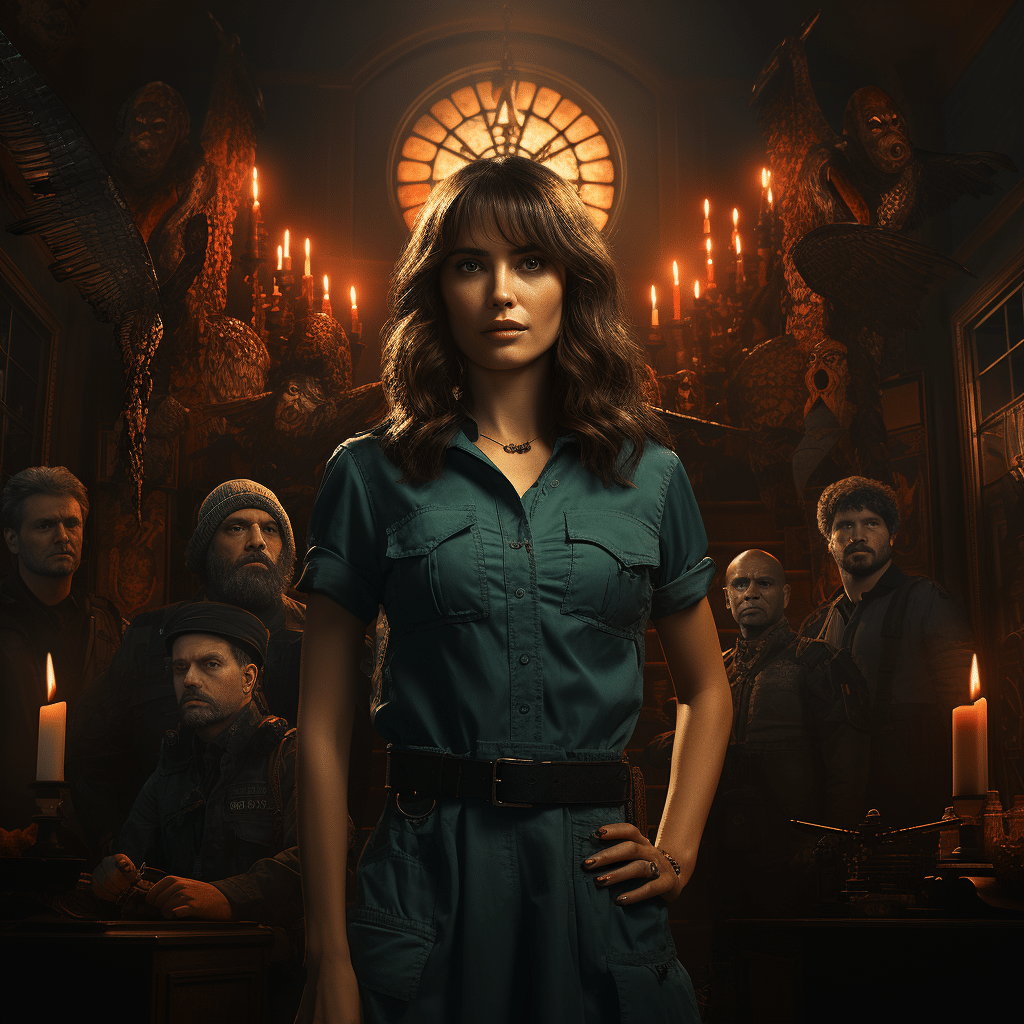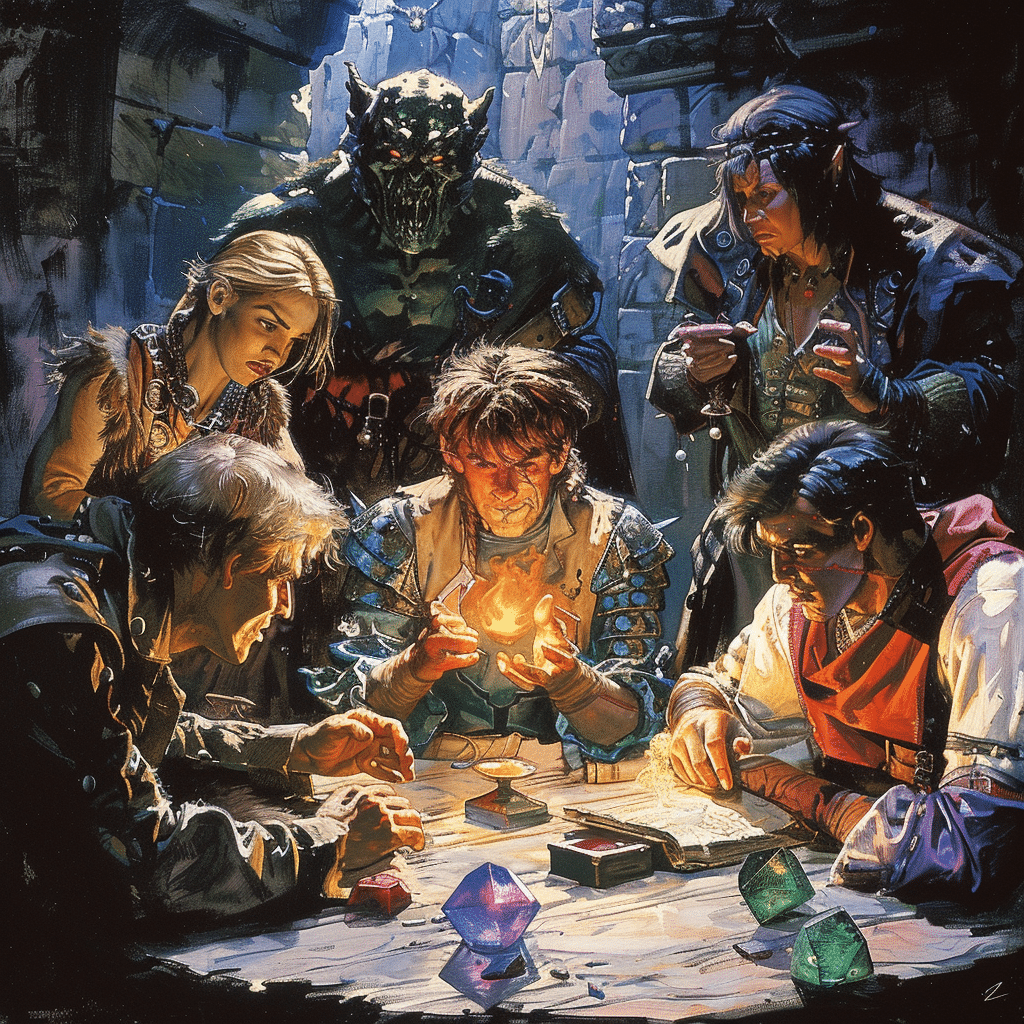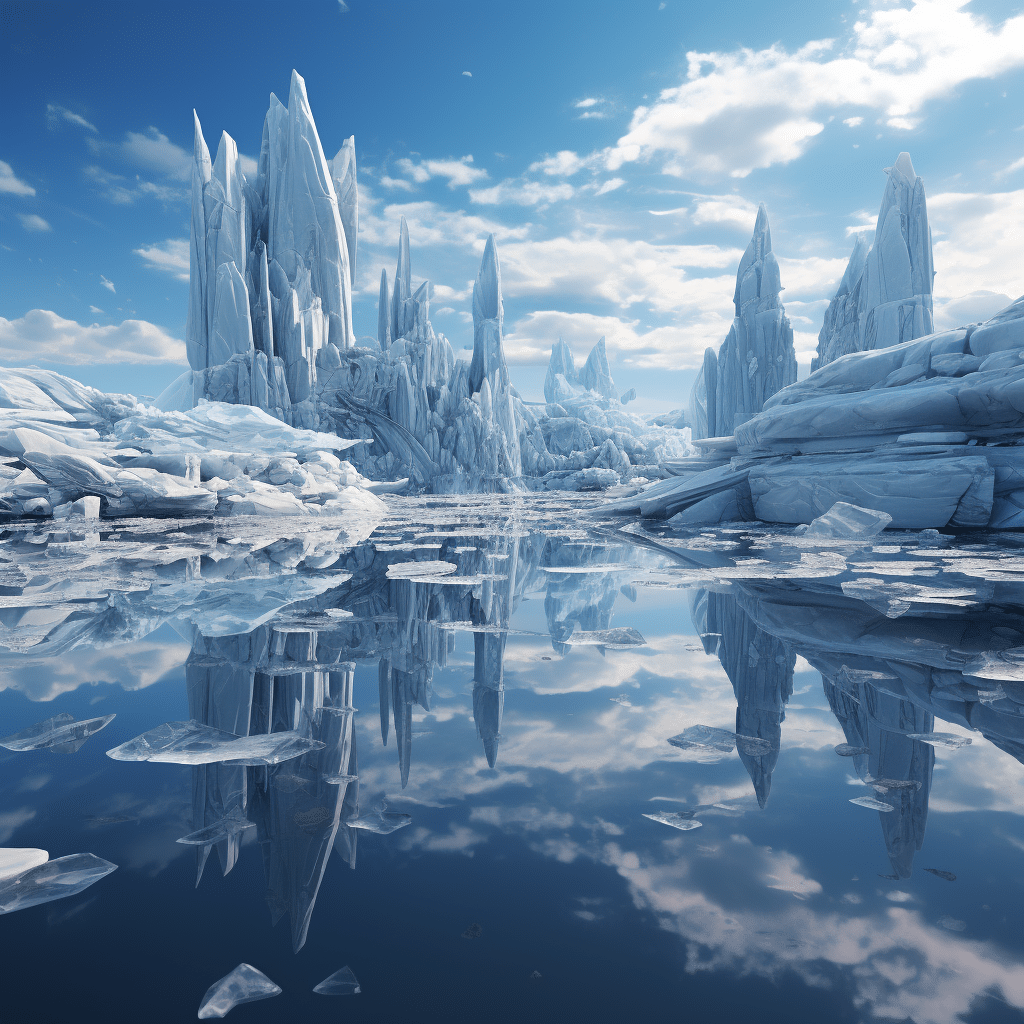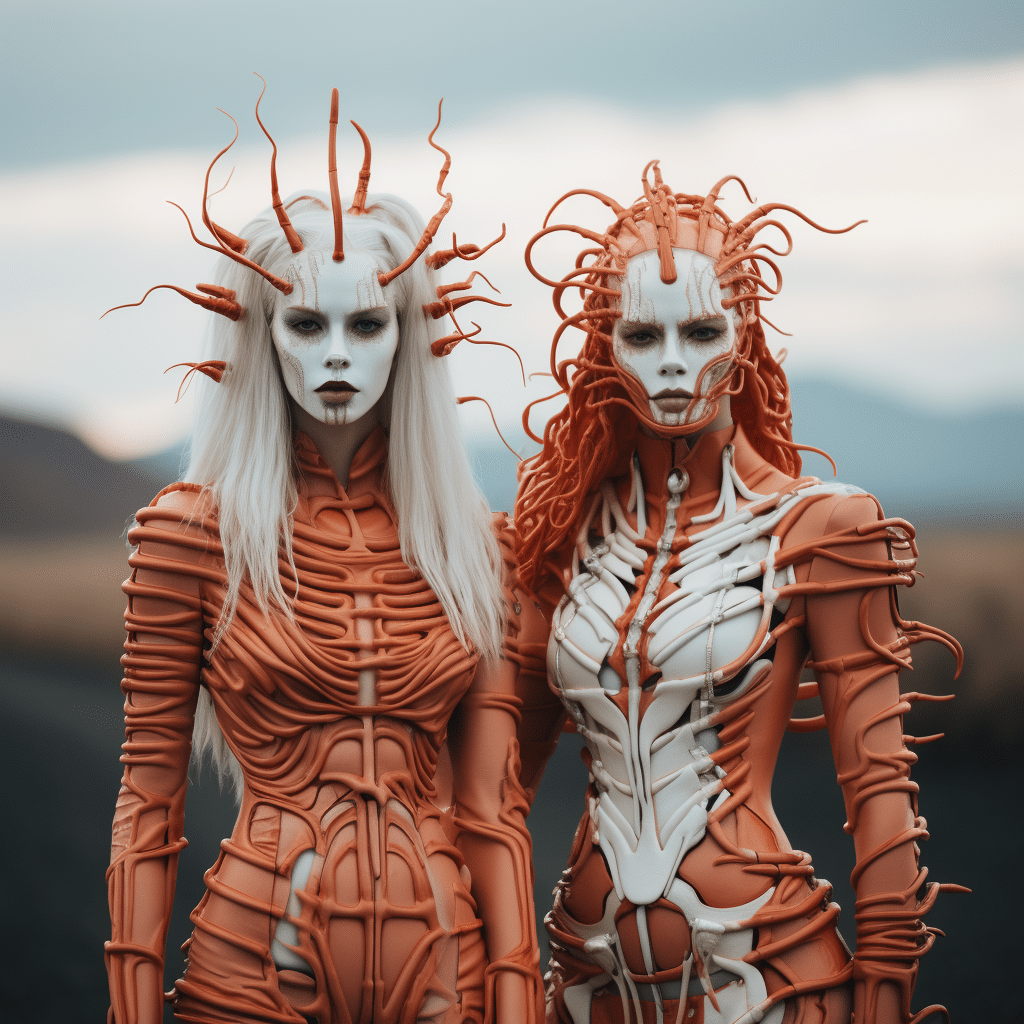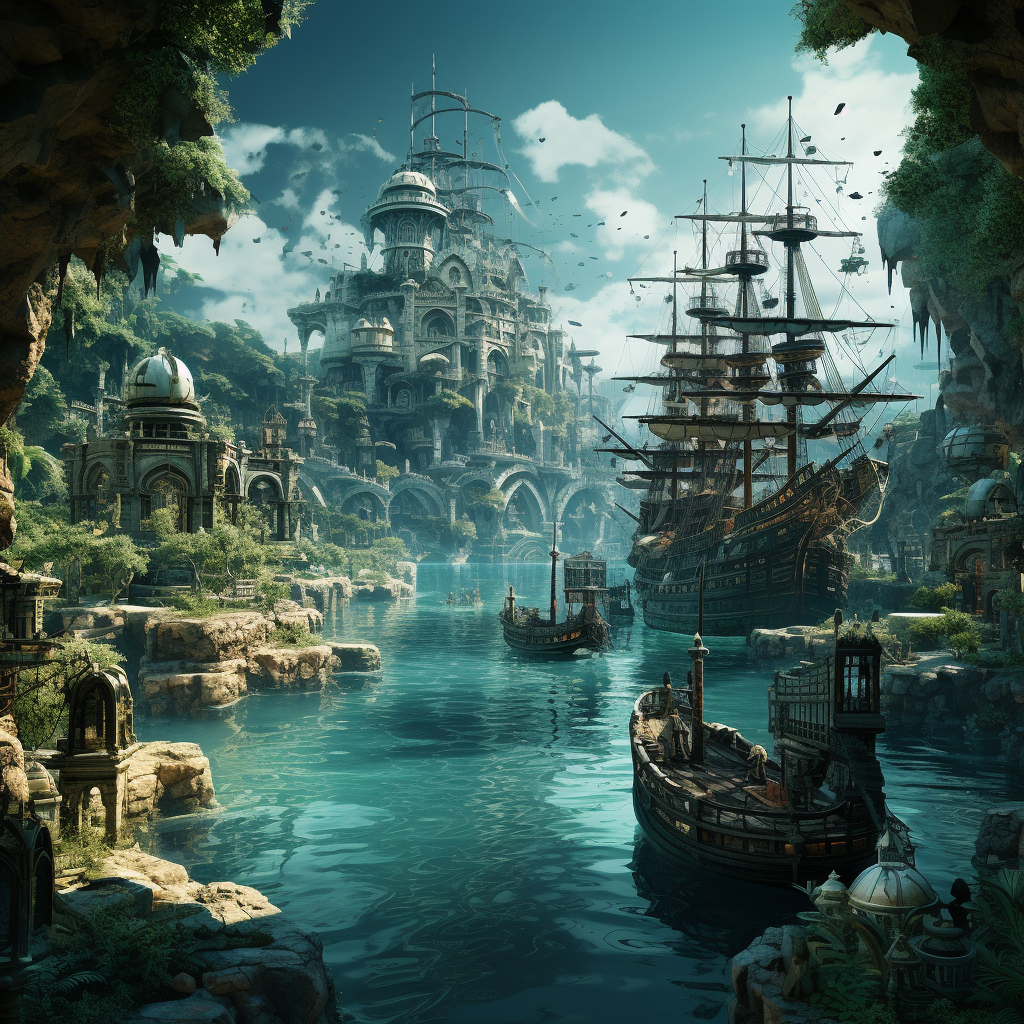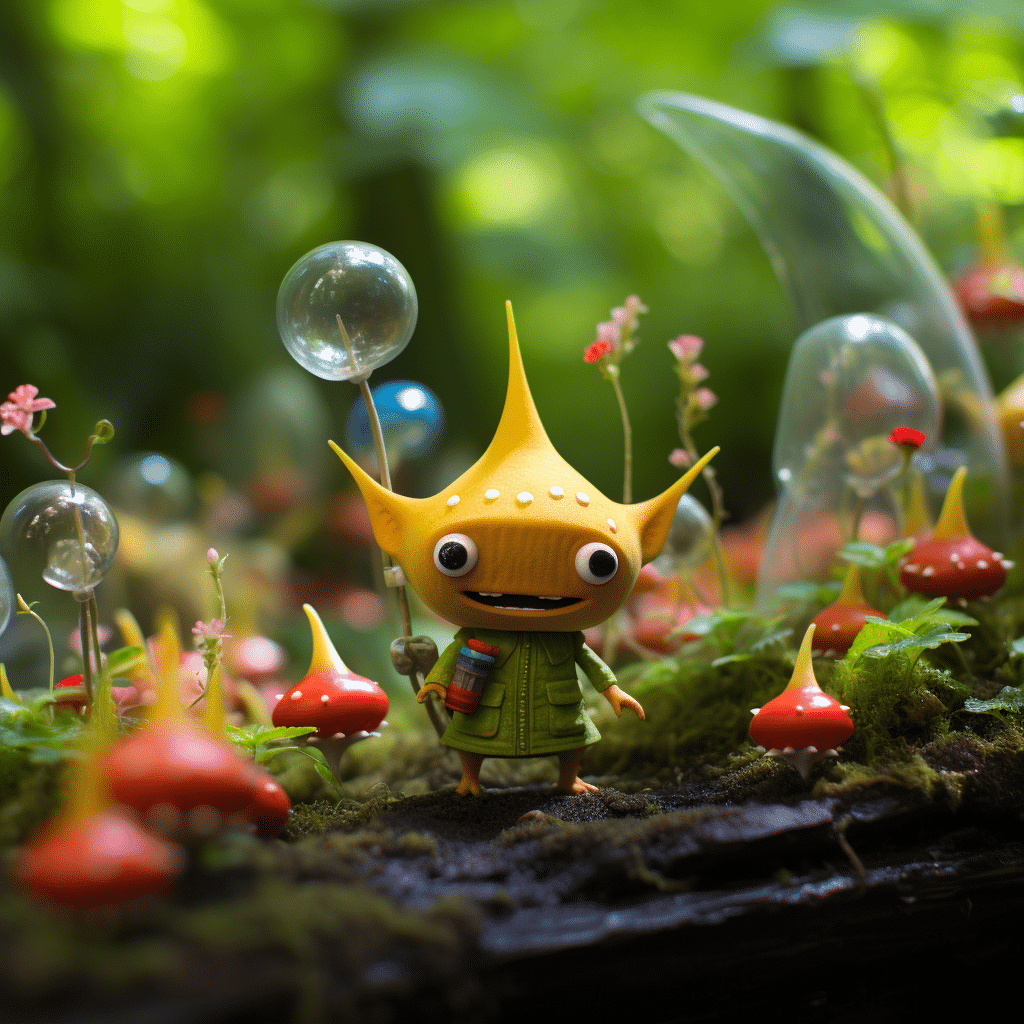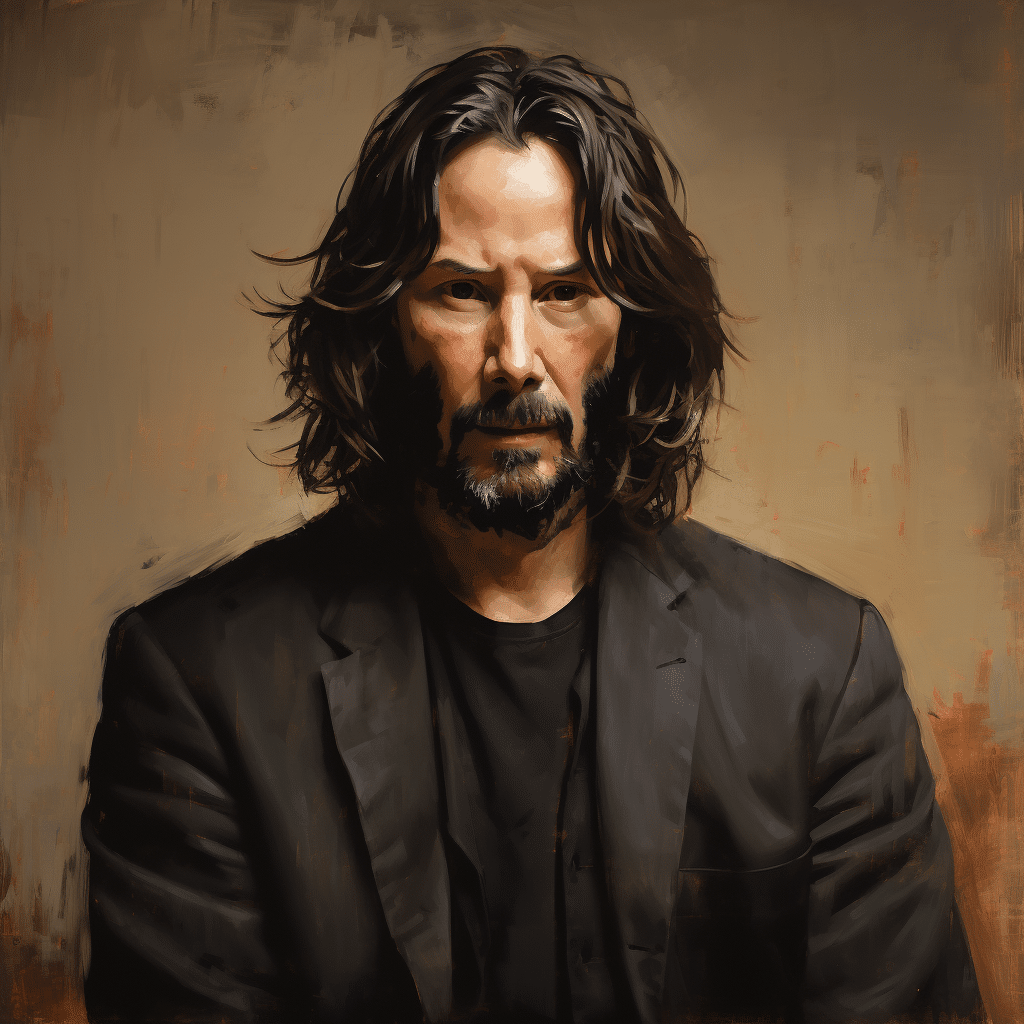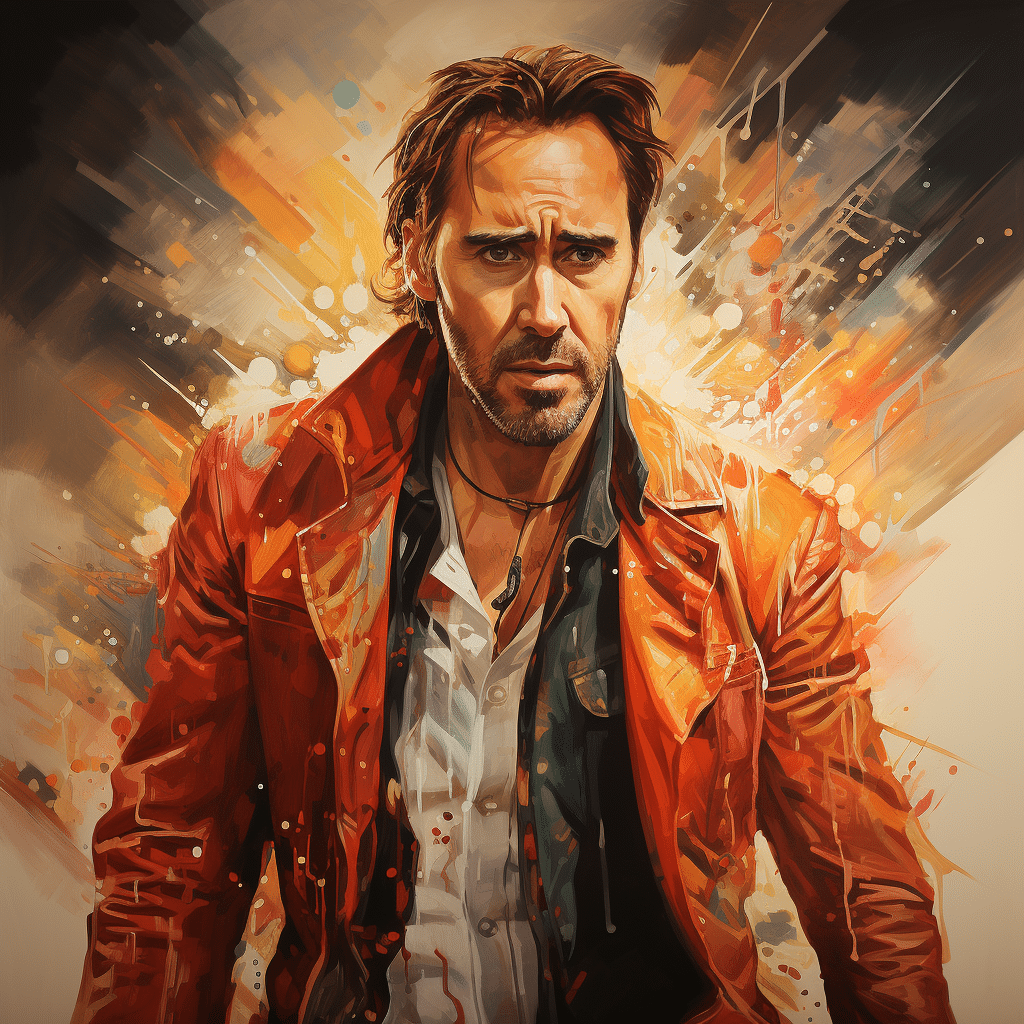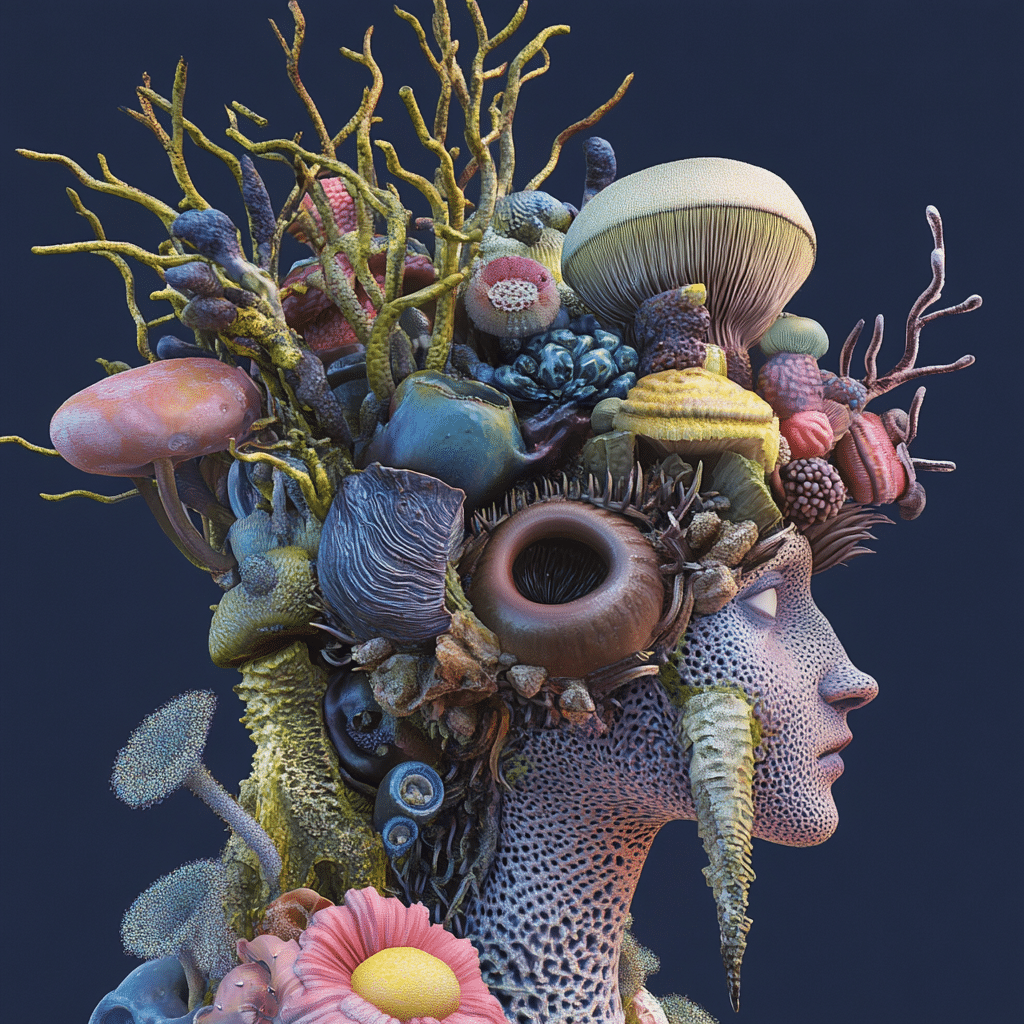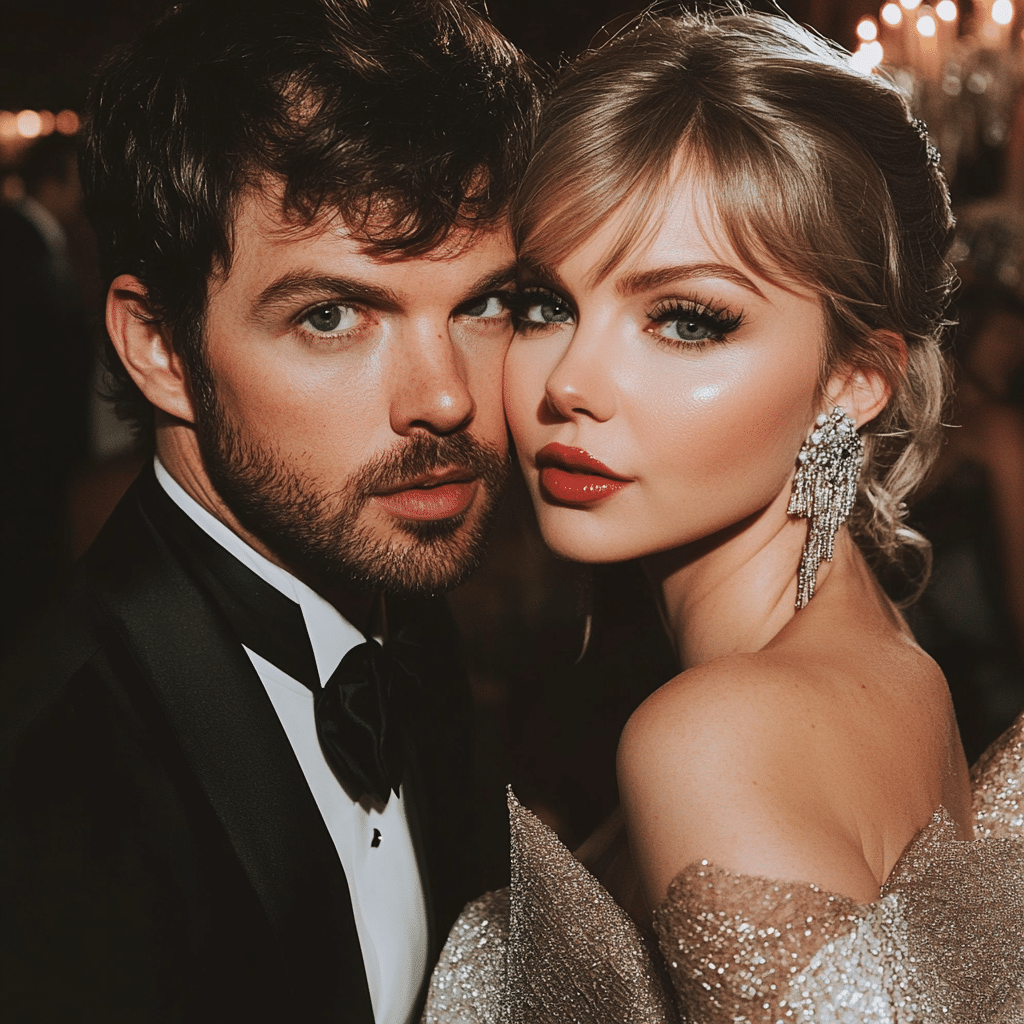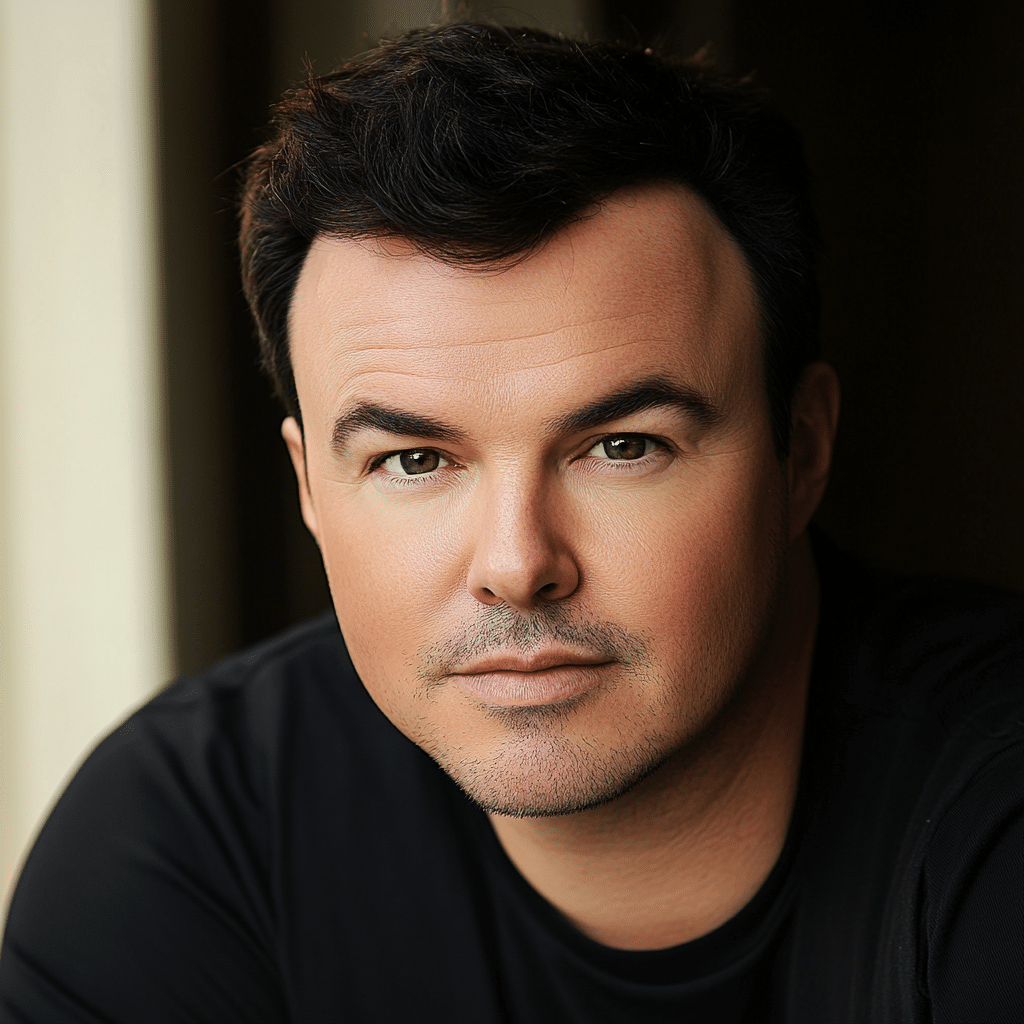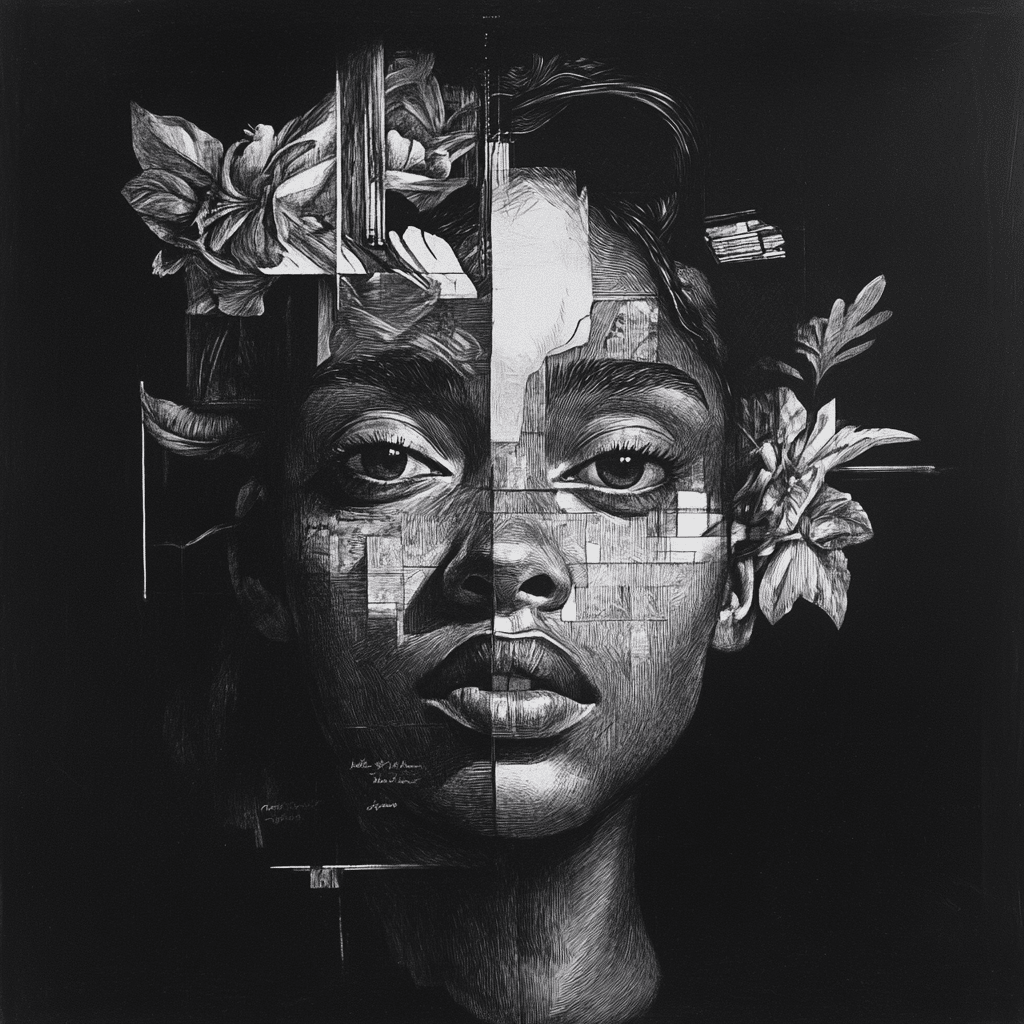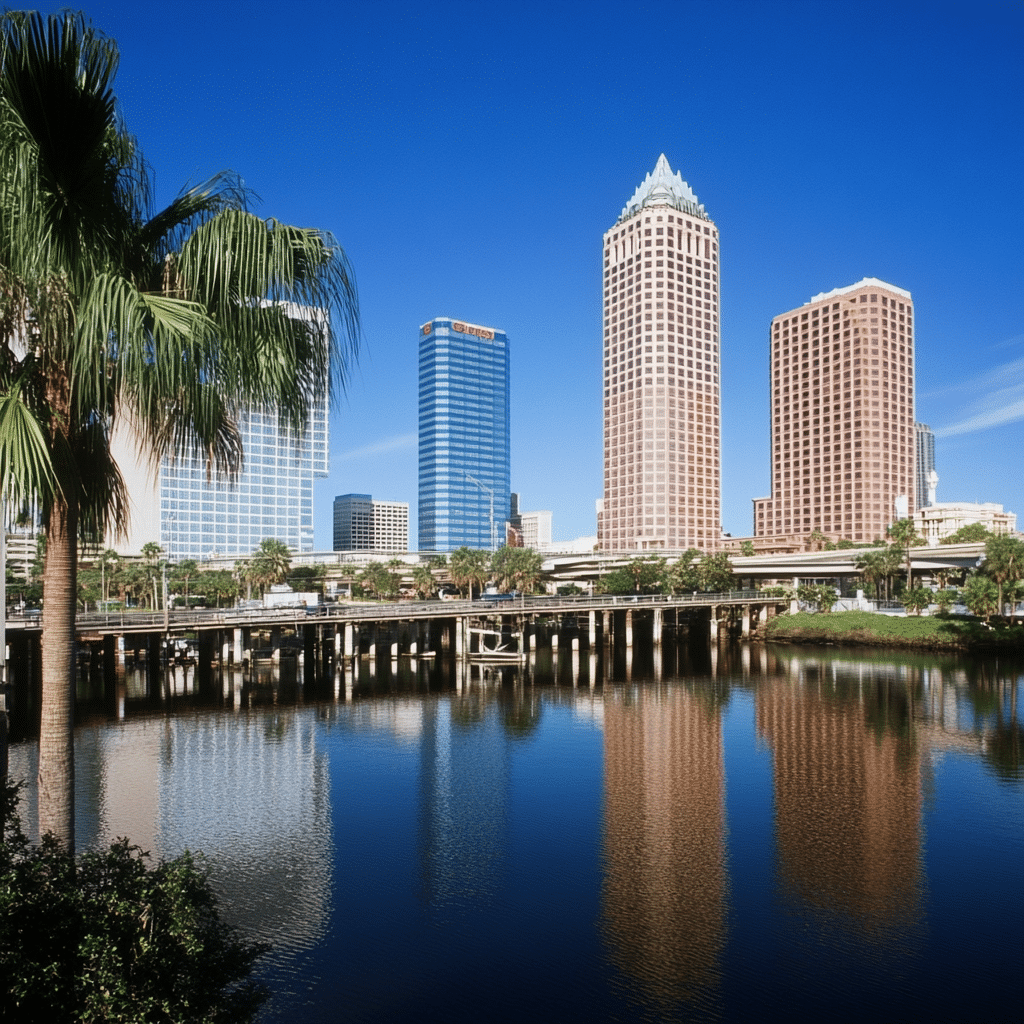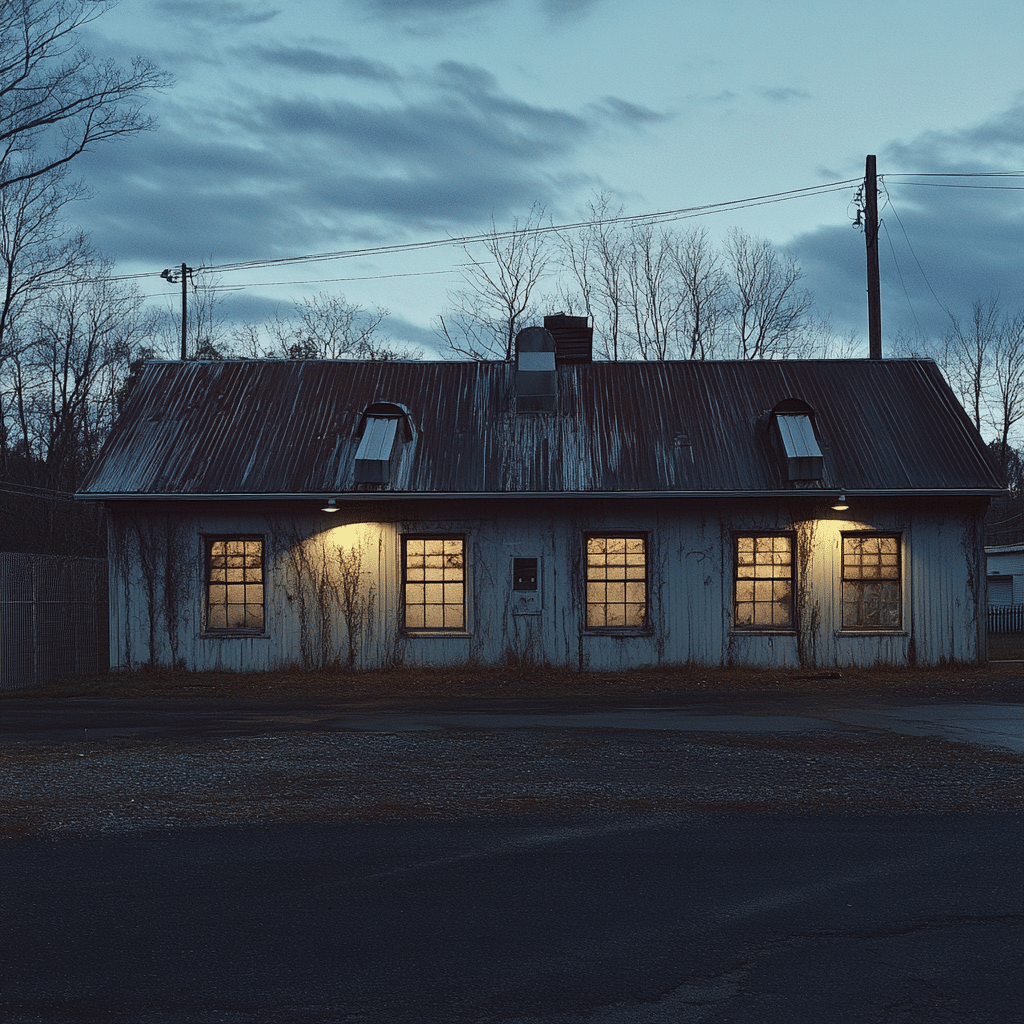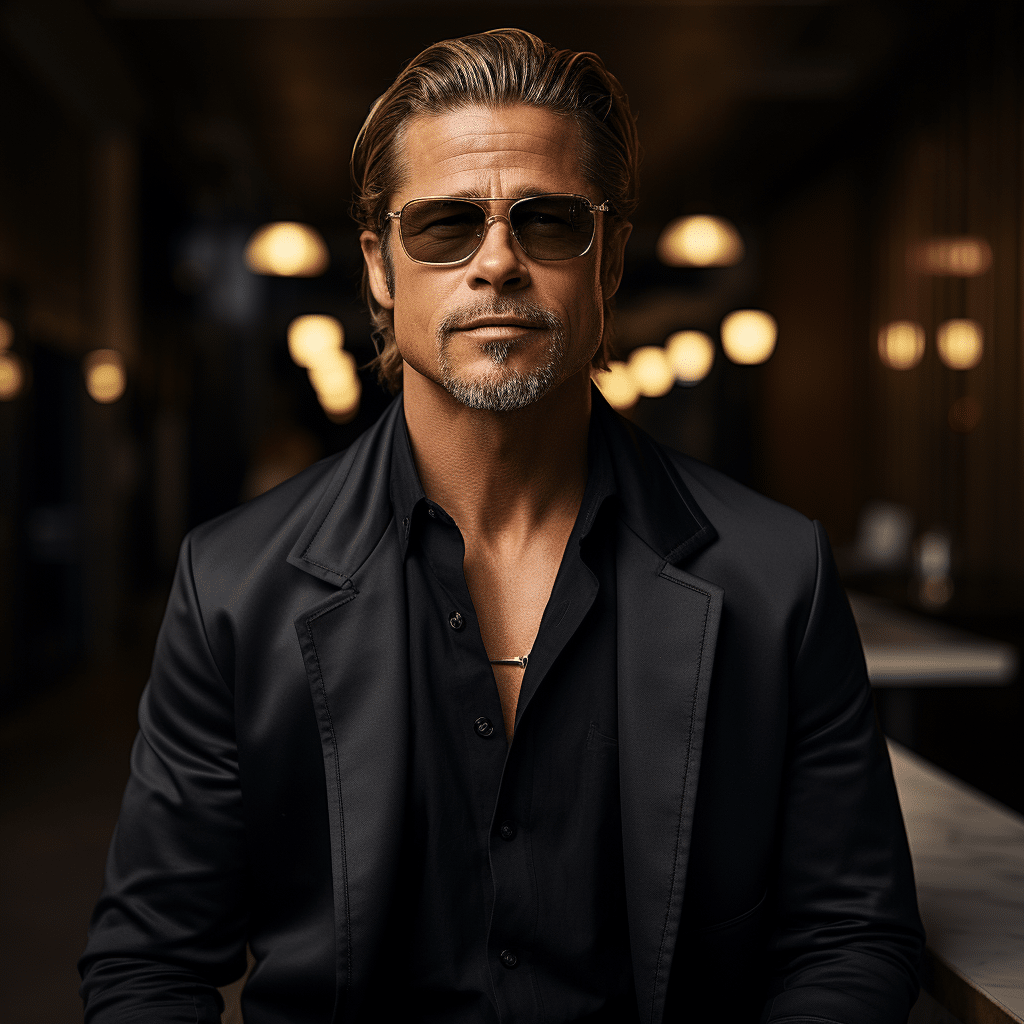Epic fantasy literature wouldn’t be what it is today without the hefty imprint left by J.R.R. Tolkien. You know him for works like “The Hobbit” and “The Lord of the Rings,” but what you might not realize is how much his storytelling approach, character arcs, and even world-building influenced countless authors. It set the stage for a genre we’re all enamored with—one filled with wizards, hobbits, perilous quests, and moral dilemmas. Let’s dive into Tolkien’s legacy and see how it colors the landscape of modern fantasy.
The Foundation of Epic Fantasy: Tolkien’s Influence on Modern Storytelling
Tolkien’s canvas was broad. He didn’t just create stories; he built entire cultures, languages, and histories. When you think about it, those sprawling landscapes of Middle-earth are like the blueprints for today’s epic fantasies. Check out Brandon Sanderson with his complex universes in “Mistborn,” or Patrick Rothfuss with “The Name of the Wind.” These writers owe a nod to Tolkien. His layered approach allows another dimension where writers can play and readers can immerse themselves.
Imagine you’re a hero (or a villain!). You don’t want just flat characters—you want enigmatic, multi-faceted personas, right? And that’s exactly what Tolkien delivered! His characters struggle, evolve, and sometimes disappoint, mirroring our own turbulent lives. That kind of intense character development is something authors have snatched up in droves.
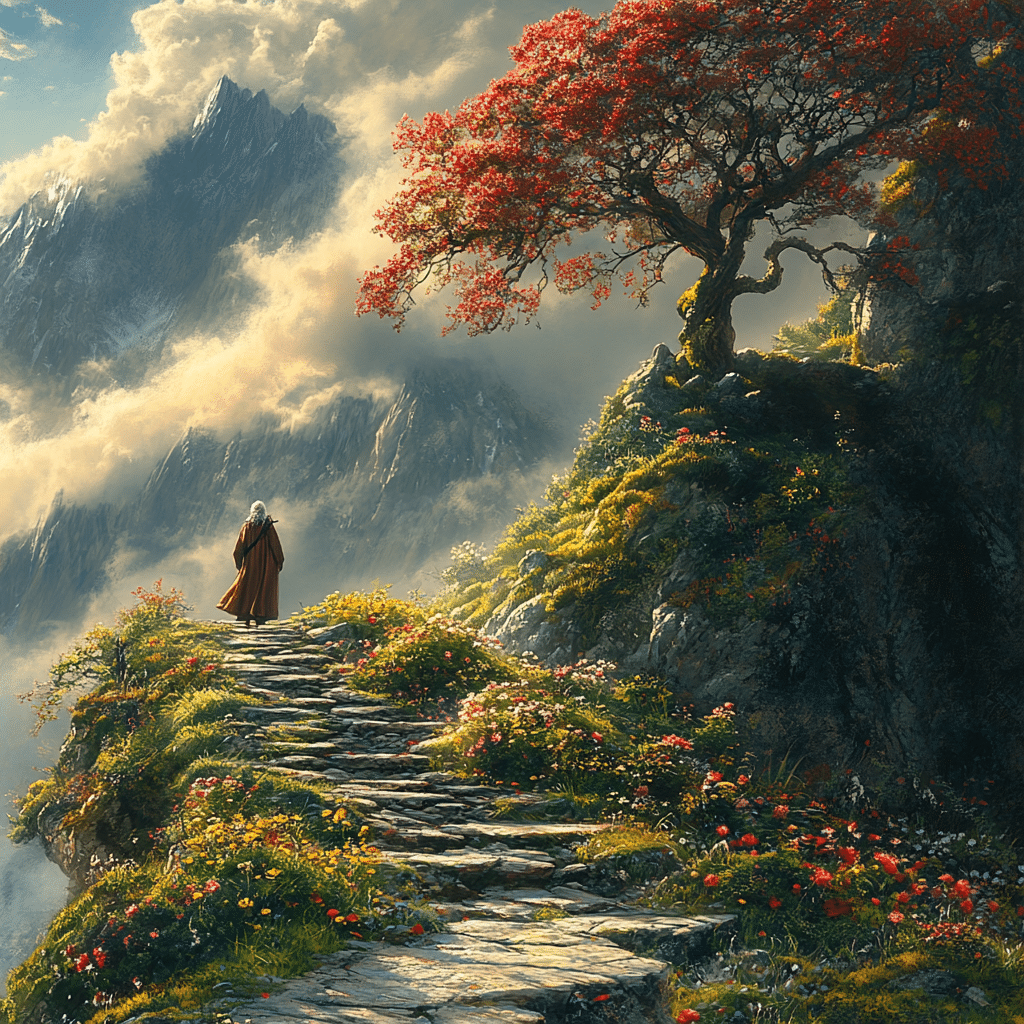
Top 7 Ways Tolkien Shaped Epic Fantasy Literature
The Modern Fantasy Landscape: Echoes of Tolkien
Tolkien’s influence dances through the veins of modern fantasy. It’s not just about the stories; it’s how they bring us together. Think about the bustling book clubs or the online fan forums where folks dissect the nuances of tales. It creates a community that echoes Tolkien’s inclusive spirit.
With so many new releases, fantasy literature today isn’t just replicating Tolkien; it’s evolving with a newfound emphasis on diversity. Today’s authors blend backgrounds, cultures, and identities—reflecting the world we live in. They’re not merely trying to imitate what Tolkien accomplished but to build upon it, ensuring that every reader, no matter their background, sees themselves in epic quests.
Tolkien’s legacy isn’t fading; it’s thriving. His vision resonates through time, inspiring a new generation of authors and readers. Whether adventurous spirits or curious newcomers, Tolkien’s ideas encourage exploration, character depth, and that age-old quest for something more. So, crack open a tome or fire up that next Netflix binge, and dive into a world shaped by the relentless imagination of J.R.R. Tolkien!
And remember, whether you’re engaging in discussions about the best to wear to book club meetings, or flowcharting the paths of your favorite video game Characters, Tolkien’s essence is woven throughout. Join the adventure and keep the spirit alive—because in fantasy, just like in life, the great stories never truly end. Want to plan your next escapade? Check out the things To do in Philadelphia—because even heroes need to celebrate sometimes!
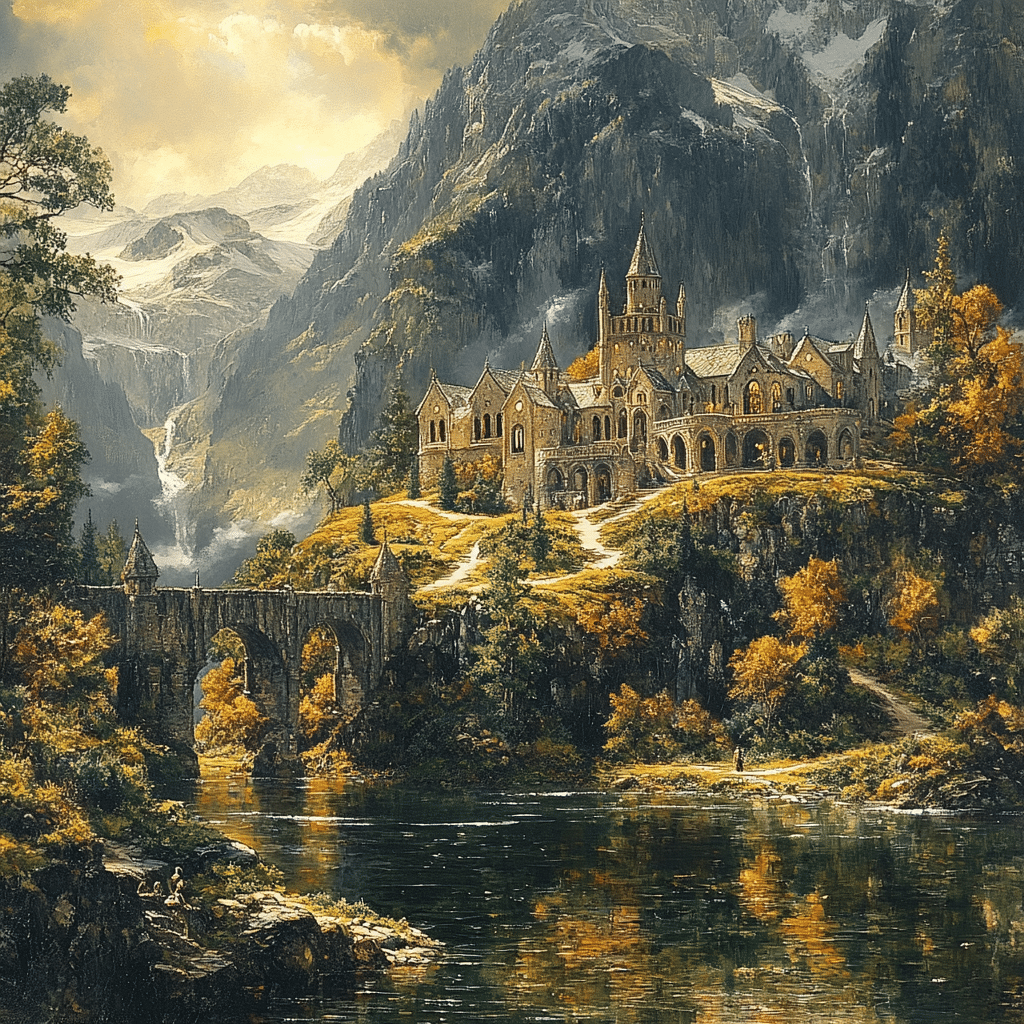
Tolkien’s Timeless Impact on Epic Fantasy Literature
The Man and His Myth
Did you know that J.R.R. Tolkien was actually a professor at Oxford? His deep love for languages inspired his creation of entire worlds filled with rich history and culture. His academic background gave him a special edge in crafting languages like Elvish, which adds an extraordinary depth to his stories. Some might say crafting languages is a bit like putting together pieces of a tie clip, where every part contributes to the whole look! Speaking of creativity, during his time, Tolkien was influenced by various elements in the English landscape, shaping his narratives in both “The Hobbit” and “The Lord of the Rings.” And get this—Tolkien’s work not only changed fantasy literature but also inspired countless adaptations, including films and games, some of which pay homage to his genius just like the features of Chinese nuclear submarines signify advanced engineering prowess.
The Influence of Tolkien’s Works
Tolkien’s legacy stretches far beyond his direct creations. His narrative style has impacted modern writers like George R.R. Martin and even adaptations in mainstream media, leading to iconic portrayals of complex characters. Interestingly, not all stories were made with high-budget productions; look at how Liam Hemsworth’s turn as Geralt in “The Witcher” has sparked discussions on characters grounded in folklore and mythology. These adaptations showcase the currency of Tolkien’s storytelling. It’s as if every new publication takes a leaf from Tolkien’s playbook, proving that great storytelling is timeless.
Trivia That Will Amuse
Now, for some fun trivia! Did you know that Tolkien was inspired by his experiences in World War I? His time serving shaped the themes of loss and camaraderie that resonate throughout his work. And here’s a quirky tidbit: the language used in Hobbiton is so detailed that one could probably open an automated Amazon store just selling translations! Isn’t that fantastic? Tolkien’s creatures, from the noble Ents to mischievous hobbits, feel more real because they’re deeply influenced by real cultures and histories. Truly, his ability to create rich narratives feels like magic—bringing people together in celebration, much like a shared interest in a fantastic no red ink vibe can brighten any conversation! So, whenever you dive into a Tolkien novel, remember you’re not just reading a story; you’re experiencing a legacy that keeps on giving.
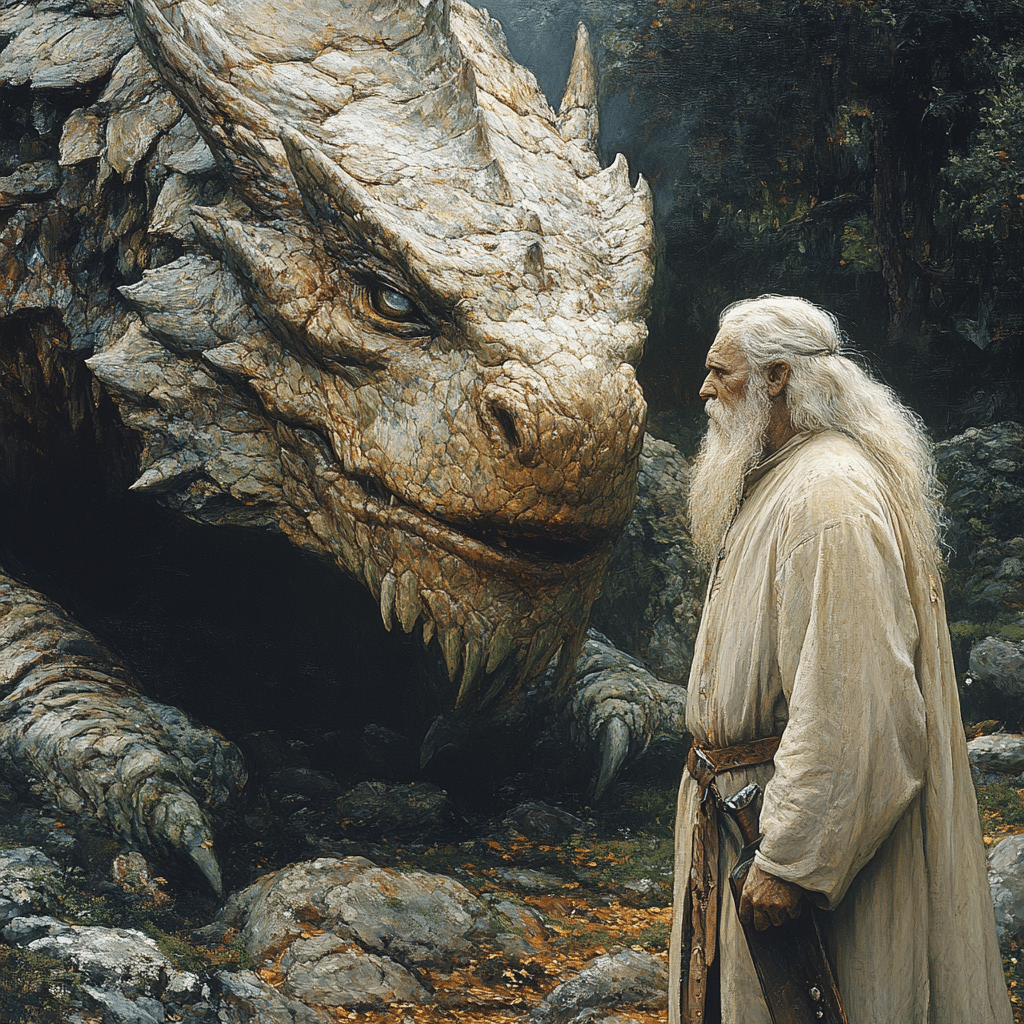
What was the cause of death for J.R.R. Tolkien?
J.R.R. Tolkien passed away from a bleeding ulcer and chest infection at the age of 81.
Why did Tolkien and Lewis fall out?
The friendship between Tolkien and Lewis cooled over time, mainly because Tolkien was critical of Lewis’s swift publishing of the Narnia series and some of his Christian writings, which Tolkien didn’t agree with.
Why is Tolkien so famous?
Tolkien became famous for his imaginative storytelling, especially through The Hobbit and The Lord of the Rings, which captivated readers of all ages with their detailed world-building and rich characters.
Why didn t Tolkien like Disney?
Tolkien had a low opinion of Disney films, considering them to be excessively sentimental and in poor taste, so he was reluctant to let the company adapt his works for the screen.
Why did Tolkien disown his son?
Tolkien didn’t disown his son, but he faced a complicated relationship with him, particularly as his son, Christopher, sometimes took different directions in life that Tolkien struggled to understand.
Did Tolkien lose all his friends?
While Tolkien had close relationships, he did lose some friends over the years due to various disagreements and changes in life circumstances, but he had strong connections that remained.
What was the age difference between Tolkien and Lewis?
There was a significant age difference between Tolkien and Lewis, with Tolkien being about 16 years older than Lewis.
Who was J.R.R. Tolkien’s best friend?
Tolkien’s best friend was C.S. Lewis, with whom he shared a deep bond over their love of literature and storytelling in their early years together.
What did Tolkien think of the screwtape letters?
Tolkien had mixed feelings about The Screwtape Letters, appreciating its wit but also being concerned about the approach Lewis took in discussing themes of temptation and morality.
Did J.R.R. Tolkien fight in WWII?
Tolkien did not fight in WWII. He served in WWI, and although he was involved in military service, he spent much of the Second World War working on his writings.
Did Tolkien write The Hobbit for his son?
Tolkien wrote The Hobbit primarily as a bedtime story for his children, wanting to entertain them with an adventure that would spark their imagination.
What is J.R.R. Tolkien’s most famous work?
Tolkien’s most famous work is undoubtedly The Lord of the Rings, a monumental trilogy that has become a classic in fantasy literature.
Why was The Lord of the Rings by Tolkien banned?
The Lord of the Rings faced bans in some areas due to its themes, which some believed to promote anti-establishment sentiments or to contain elements that were deemed inappropriate.
Why is The Hobbit not as good as LOTR?
The Hobbit is often viewed as less complex than The Lord of the Rings because it’s a more straightforward adventure story aimed at younger readers, lacking the depth that LOTR offers.
Why is Tolkien so popular in Russia?
Tolkien’s popularity in Russia stems from the deep philosophical themes and human struggles present in his work, resonating with many readers, especially during times of upheaval.

